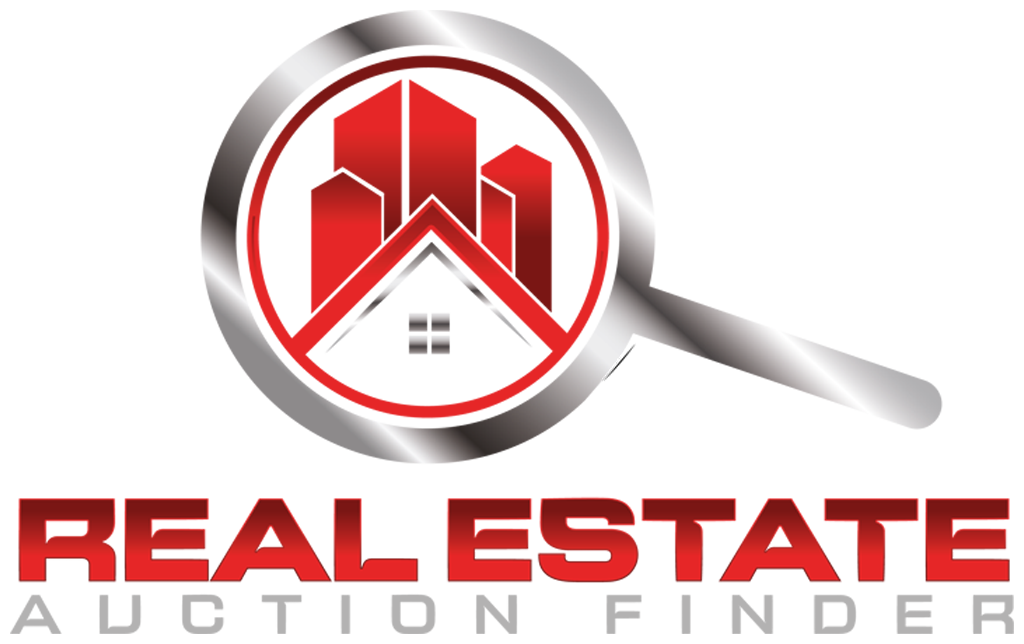North Carolina Counties
State Auction Process in North Carolina
North Carolina is a tax deed state, which means that the county can foreclose on properties with delinquent taxes and sell them at a tax foreclosure sale. North Carolina has three types of tax deed sales: tax foreclosure sales, county auctions, and surplus property sales.
- Tax Foreclosure Sales: These sales are held when the property owner has failed to pay their property taxes. The opening bid is the amount of delinquent taxes, interest, and fees due. The highest bidder becomes the winner. However, there is a 10-day upset bid period during which another bidder can submit a bid that is 5% higher than the original bid or a minimum of $750. This process can continue until the upset bid period ends.
- County Auctions: Properties that are not sold at the tax foreclosure sale may be sold at a county auction. The opening bid at a county auction is the amount of the highest upset bid from the tax foreclosure sale.
- Surplus Properties: Properties that are not sold at either the tax foreclosure sale or the county auction may become surplus properties and can be purchased through a written offer process.
Tax Deed Process in North Carolina
Here is an overview of the tax deed process in North Carolina:
- Foreclosure Process Initiation: After a property owner is delinquent on taxes for 3-4 years, the county will initiate the foreclosure process. The county will send a certified notice to the property owner informing them of the impending foreclosure.
- 30-Day Repayment Period: The property owner has 30 days from receiving the certified notice to repay the delinquent taxes. If they fail to do so, the county will proceed with the foreclosure.
- Title Search: Once the foreclosure process has been initiated, the county will conduct a title search on the property to ensure there are no other outstanding liens or claims.
- Advertisement and Pre-Sale: The county will advertise the property in the local newspaper for at least one week before the tax foreclosure sale. The property owner has until the day of the sale to redeem the property by paying the delinquent taxes.
- Live Auction: The tax foreclosure sale will be held at the county courthouse, and it will be an oral bid auction using the Premium Bid Method. The opening bid starts at the delinquent taxes, penalties, and fees. Bidders must register before the sale and can make acceptable payments in cash, cashier’s checks, or certified funds.
- Upset Bid Process: After the auction, anyone can submit a higher bid within 10 days of the sale date. The new bid must increase the winning bid by 10% for the first $1,000 and 5% per thousand after that. Each time an upset bid is filed, a new 10-day upset period begins.
- Post-Sale Process: All properties must go through the 10-day upset bid period. Once the upset bid period has expired, the property will be legally sold to the highest bidder. Approximately 30 days following the sale, the winning bidder will be mailed the tax deed, which may be in the form of a commissioner’s deed or a quitclaim deed.
- No Redemption Period: Unlike some other states, North Carolina does not have a redemption period after the property is sold at the tax foreclosure sale. Once the property is sold, the former owner has no right to reclaim it by paying off the delinquent taxes.
Quick Facts
– Judicial Foreclosure Available: Yes
– Non-Judicial Foreclosure Available: Yes
– Primary Security Instruments: Deed of Trust, Mortgage
– Timeline: Typically 60 days
– Right of Redemption: Yes
– Deficiency Judgments Allowed: Varies
Online Auction Resources
- GovDeals NC Auctions
- Bid4Assets
- Auction.com
- Xome
- ServiceLink Auction
- Hubzu
- RealtyBid
- Tranzon Online Auctions
- HUD Homes USA
- All Auction Sales
- Williams Auction
- Bank Foreclosures Sale NC
- U.S. Treasury Auctions
- Orange County NC Auctions
- NC Seized Property Auctions
- House Auction Company
- Kania Law Firm Auctions
- Johnson Properties Auctions


